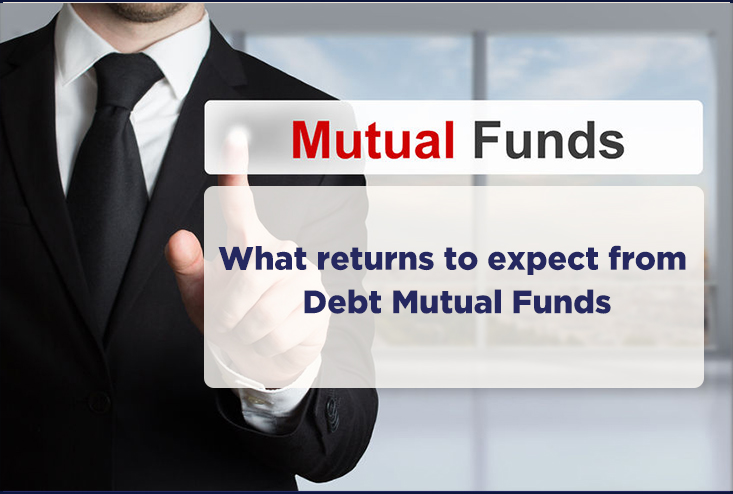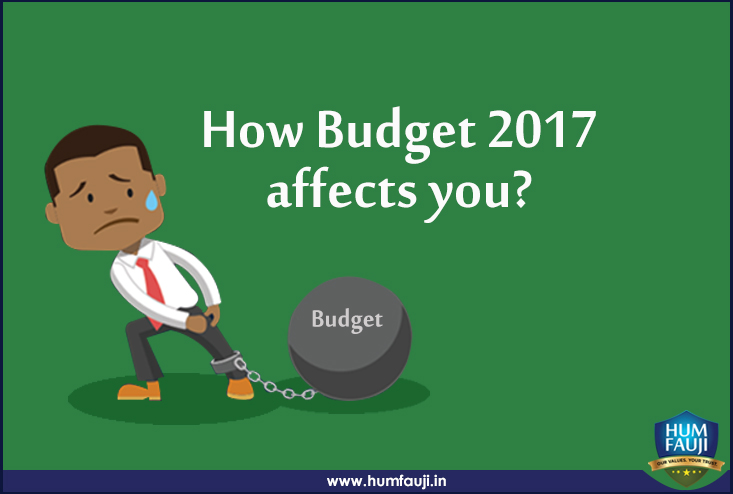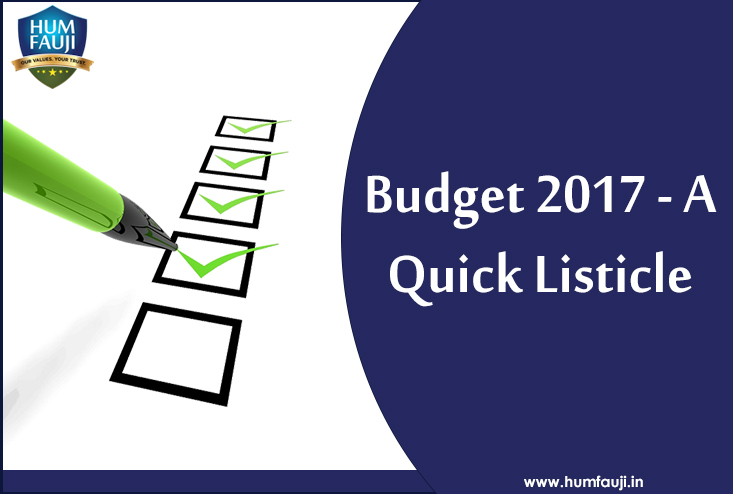Last of our knowledge series on Debt Mutual Funds below gives out what can you expect from Debt MFs. As you will see, compared to other fixed income products like bank FDs, Post Office schemes, Senior Citizen Savings Scheme etc, Debt MFs are poised to give better returns, are much more tax-efficient, and have much better liquidity and flexibility. Thus, they can be your flagship product for the part of the portfolio where you are looking for safe and tax-efficient wealth creation.
_______________________________________________
What kind of returns do Debt Funds offer?
Debt funds offer two kinds of income:
- Dividends &
- Capital gains
Dividends: Debt funds receive interest on the debt securities invested by the fund. This interest can be distributed to the investors of the debt fund as dividends. Dividend distribution is however subject to availability of distributable surplus and approval from the Trustees of the Mutual Fund.
Capital gains: As stated earlier, debt fund managers trade in debt securities in the debt segment in order to earn profits. This gain or loss is typically reflected in the NAV movement of the debt scheme which would include the accrued interest on the securities too. For instance, let’s say an investor invests in a debt scheme at an NAV of say, Rs 12; when he wants to redeem, if the NAV is say, Rs 13.5, he would earn a capital gain of Rs 1.5 per unit (Rs 13.5 minus Rs 12).
What about tax? Do I need to pay tax on my debt mutual funds?
Tax on dividend income:
Dividend income that you receive from your debt fund is tax-free in your hands. However, the mutual fund has to pay tax (called Dividend Distribution Tax) at the rate of 28.325% for individuals before distributing dividend. In other words, you get dividend after payment of this tax.
Tax on capital gains:
Tax on capital gains in case of debt funds depends on how long you stay invested in the fund for. If you stay invested for less than a year, the capital gain gets added to your other income and is taxed according to rate applicable to your total income. For instance, if you are in the tax bracket of 20% and you earn a capital gain of Rs 5,000 on redemption of your debt scheme, you will pay tax of Rs 1,000 (20% of Rs 5,000).
If you stay invested for more than a year, the capital gains that you earn from your debt funds are taxed at a lower rate of 10% without indexation or 20% with indexation (the government publishes a cost inflation index table each year for this purpose), whichever is lower. Indexation helps you increase the cost of your investment to account for inflation. So for example, if you have invested in a debt scheme at Rs 10 and redeemed after a year at Rs 20, you either pay 10% tax on Rs 10 (Rs 20 minus Rs 10) or 20% tax on Rs 9.2 (Rs 20 minus Rs 10.8 – assuming inflation @8%). You pay tax on the lower of the two, that is, 10% of Rs 10, which is Re 1 or 20% of Rs 9.2, which is Rs1.84. So you pay Re 1 per unit as tax.
My bank deposits offer me the ‘cumulative’ facility where my interest is reinvested and given to me along with my deposit amount when the deposit matures. Do mutual funds offer something similar?
Mutual funds offer three ways of receiving income:
Dividend payout: Here, you instruct the mutual fund to pay you the dividends when they are declared. In other words, the dividend amount is credited to your bank account.
Dividend reinvestment: Here, you instruct the mutual fund to reinvest the dividend due to you back into the scheme. In this case, the reinvestment into the scheme is done at the NAV at the time of the dividend declaration.
Growth: Here, you instruct the mutual fund not to give you the dividend; instead, the dividend is retained within the scheme and the NAV of the scheme accordingly rises. Hence, instead of dividend, you get capital appreciation. This option is similar to the ‘cumulative’ option offered in bank deposits
Col (retd) Sanjeev Govila
CEO, Hum Fauji Initiatives
Visit our Blog, https://humfauji.in/blog or facebook page http://www.facebook.com/HumFaujiInitiatives or follow us on Twitter https://twitter.com/#!/humfauji to get latest insight on matters financial














Leave a Reply